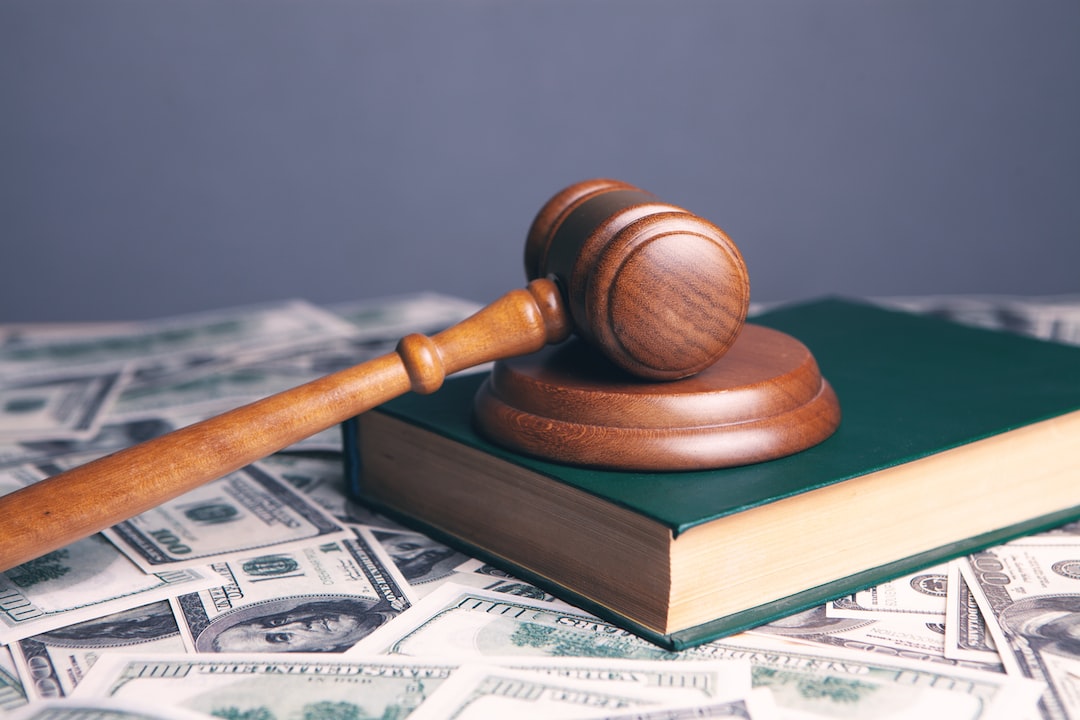Uncovering the Legal Responsibilities of Landlords and Tenants
When renting a property, it is important for both landlords and tenants to understand their legal responsibilities. Clear knowledge of these responsibilities is essential to maintain a harmonious landlord-tenant relationship and ensure everyone’s rights are protected. In this blog post, we will uncover the legal responsibilities of both parties to help you navigate the rental process with confidence.
Landlords have specific legal obligations that they must fulfill before renting out their properties. Firstly, they are responsible for ensuring that the property meets certain health and safety standards. This includes making sure that the building is structurally sound, free from any hazards, and has proper ventilation and working utilities. Regular maintenance and repairs should also be carried out promptly to guarantee the tenant’s well-being.
Moreover, landlords are legally required to provide their tenants with essential information. This includes the terms of the tenancy agreement, such as rent amount, payment due date, and duration of the lease. Additionally, they must provide details about their contact information and information about any relevant fees or charges. Landlords are also obliged to disclose any known issues with the property, such as previous flooding, pests, or structural damage.
Furthermore, landlords have a responsibility to respect their tenants’ privacy. They cannot enter the rental property without proper notice, typically 24 hours, except in cases of emergency. Regular inspections may be carried out, but they should be conducted at reasonable intervals and with proper notice.
On the other hand, tenants also have legal responsibilities that they are required to fulfill. One of the primary responsibilities is to pay rent on time and in full, as outlined in the tenancy agreement. Failure to meet this obligation may result in eviction. It is crucial for tenants to budget their finances accordingly to avoid any unnecessary conflicts.
Tenants are also obliged to maintain the property, keeping it clean and in good condition. While normal wear and tear is generally expected, any excessive damage caused by the tenant must be repaired at their expense. Regular cleaning and reporting any necessary repairs promptly will help to maintain a positive landlord-tenant relationship.
Moreover, tenants are responsible for abiding by the terms set out in the tenancy agreement. This includes respecting the property and using it for its intended purpose. Tenants should also avoid any illegal activities on the premises and ensure that their guests follow the rules as well. Failure to comply with these responsibilities may result in eviction or other legal consequences.
Additionally, tenants have a right to privacy. Landlords cannot enter the property without proper notice, and even then, they must have a valid reason for doing so. If a landlord is attempting to gain entry without notice or a legitimate purpose, tenants have the right to refuse entry and seek legal assistance if necessary.
Understanding the legal responsibilities of both landlords and tenants is crucial for a successful and stress-free rental experience. By educating yourself on these obligations, you can avoid potential conflicts and misunderstandings that could affect your rights. Whether you are a landlord or a tenant, it is important to be aware of your rights and responsibilities to maintain a fair and respectful rental relationship.

